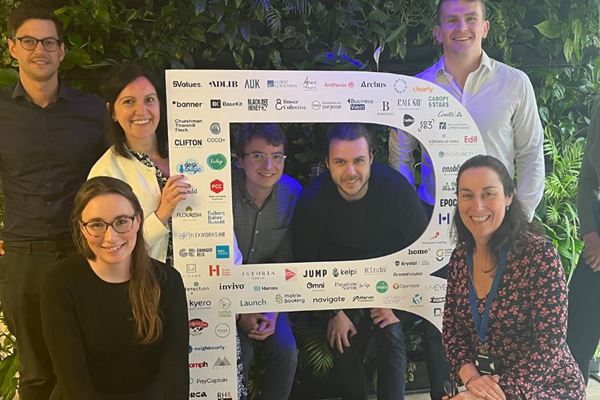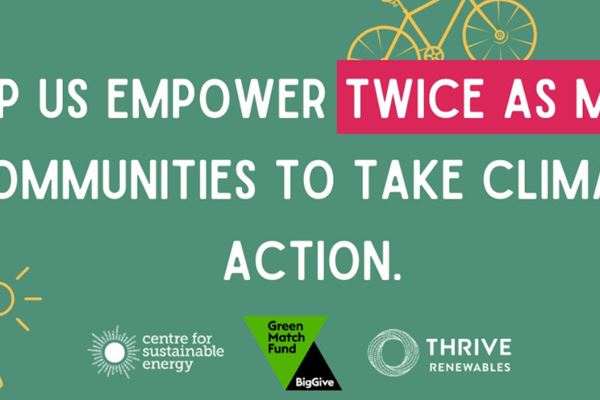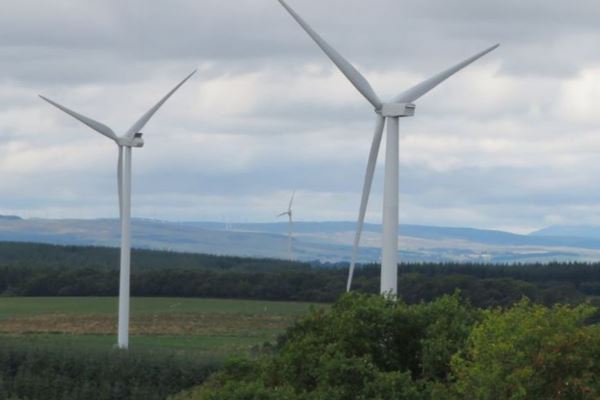2018 will go down as the year that the numbers landed on climate change. And hopefully that reality finally dawned on responsible governments around the world that immediate action is needed. The COP 24 talks, which have just concluded in Poland, sought to put a practical framework around the Paris agreement. Predictably, they did not go nearly far enough, but crucially compromise was found in the form of a set of rules to implement the pledges made in Paris.
In the past month or so we have seen a plethora of separate, independent scientific reports detailing both the damaging effects we are already seeing and what’s to come. Our own Met Office produced the ‘UK Climate Projections 2018’ with dire warnings of flooding, sea level rises and heat waves. The World Meteorological Organisation (WMO) State of the Climate report says 2018 is set to be the fourth warmest on record. The WMO deputy secretary general was reported on CNN saying ‘these are more than just numbers. Every fraction of a degree of warming makes a difference to human health and access to food and fresh water.’
While this series of scientific reports makes for frightening, and for those who have been involved long-term, immensely frustrating reading, at least they are no longer being ignored. The National Climate Assessment, a team of more than 300 expert scientists in the US, released a report in November saying Climate Change ‘has moved firmly into the present’, listing numerous impacts that are already being felt in the US from Vermont to Florida. There was wall to wall media coverage in the US, allowing climate scientists to highlight consensus and certainty.
There is a common thread of hope running through the majority of this terrifying data. And that hope is based on the response of the private sector – individuals and businesses. The UN Emissions Gap report, launched at the end of November, said “Global emissions are on the rise as national commitments to combat climate change come up short. But surging momentum from the private sector and untapped potential from innovation and green-financing offer pathways to bridge the emissions gap.”
“Global emissions are on the rise as national commitments to combat climate change come up short. But surging momentum from the private sector and untapped potential from innovation and green-financing offer pathways to bridge the emissions gap.” UN Emissions Gap report
The message from the IPCC and WMO too is if we act quickly, we can keep climate change under control. As the WMO secretary general said: “We do face a really large challenge but it is not impossible to limit warming to 1.5 degrees.” And there is consensus about what we actually need to do. The IPCC report was clear we need to cut emissions by 45% by 2030, getting almost all of our electricity from renewables by the middle of the century.
In response our own government wrote to the Climate Change Committee asking whether further action is required in the UK to meet the goals of the Paris agreement. Importantly it is asking for advice about setting a date for achieving net zero greenhouse gas emissions across the economy and how emissions reductions might be achieved. In a separate move, the Bank of England is to start stress testing UK banks for climate change risk.
As consumers and investors, we have a choice in our response to these reports; wring our hands and complain that not enough is being done by government, or roll up our sleeves and make it happen in our personal and professional lives. Positive solutions, like renewables, enable us to use the anxiety caused by these reports to galvanise, not paralyse.
At Thrive we’re determined, with your support, to play our part in transforming the UK’s energy system to become cleaner and smarter. In 2019 we will continue to be absolutely focused on delivering new sustainable energy capacity for the UK. We’ll be working with communities and businesses to install renewable generation, energy storage and even demand management systems – changing the relationship between electricity demand and supply, lowering the cost of energy and making more green electricity available to everyone on the grid.



